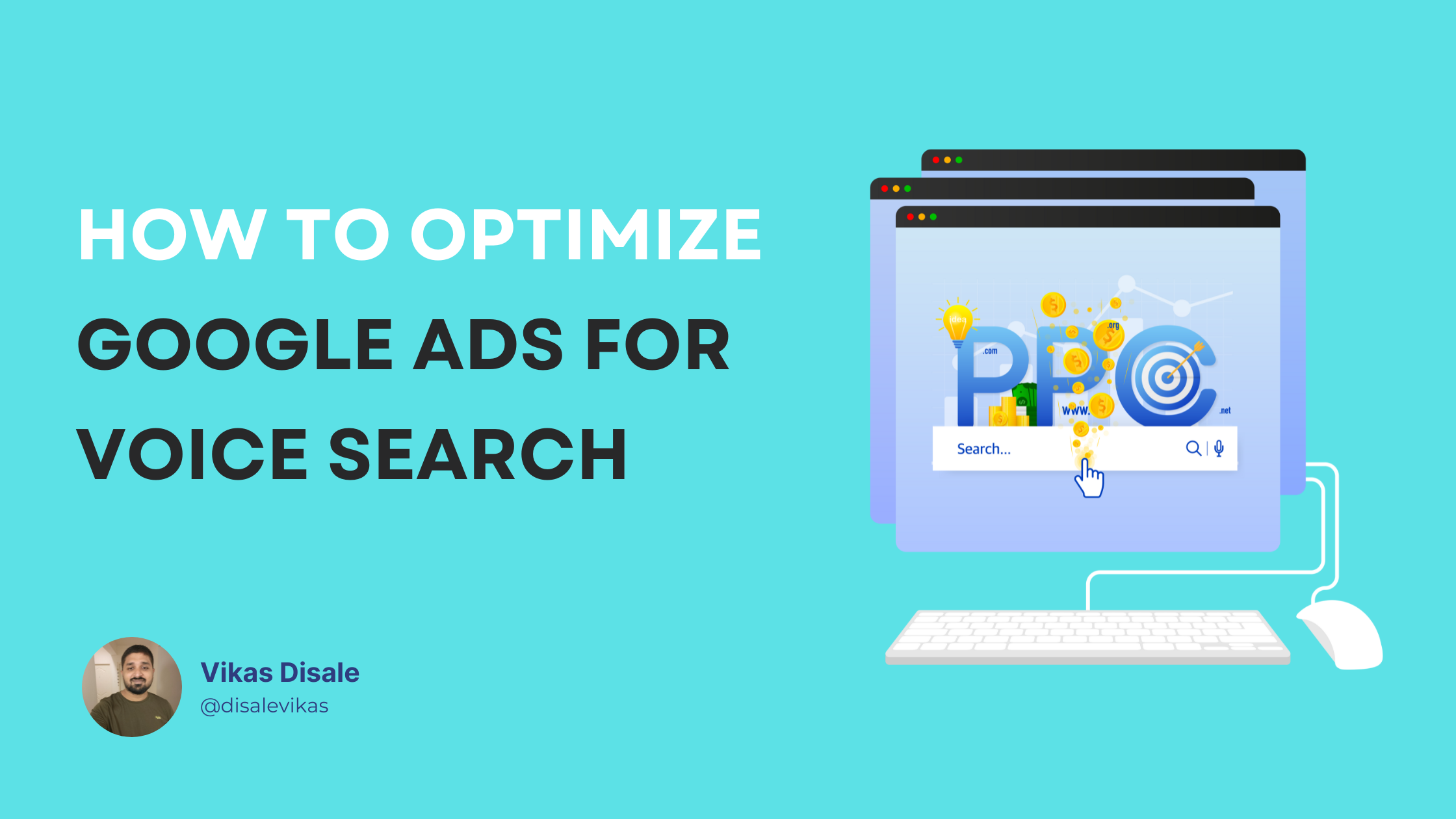Voice search is becoming an increasingly popular way for users to interact with search engines, thanks to the rise of virtual assistants like Siri, Alexa, and Google Assistant. As more consumers shift to voice search, optimizing your Google Ads campaigns for this trend is essential to stay competitive.
Here’s how you can tailor your campaigns to capture voice search traffic effectively.
1. Focus on Long-Tail Keywords
Voice search queries tend to be more conversational and longer than traditional text-based searches. Users are more likely to ask questions or use natural language when speaking to a virtual assistant.
- Best Practices:
- Use long-tail keywords that mirror how people speak. For example, instead of targeting “best coffee shops,” you might use “Where can I find the best coffee shops near me?”
- Focus on question-based queries (e.g., “How can I get same-day shipping for electronics?”).
2. Prioritize Local Search Optimization
Many voice searches are local in nature, with users looking for services or products nearby. If you’re running a business that caters to local customers, make sure your campaigns are optimized for local search.
- Tips:
- Use location-based keywords in your campaigns (e.g., “best Italian restaurant in Boston”).
- Leverage location extensions in Google Ads to show your business address, phone number, and map directions.
- Ensure your Google My Business listing is updated and consistent with the details in your ads.
3. Optimize for Mobile-First
Most voice searches are conducted on mobile devices. Therefore, ensuring your ads and landing pages are mobile-friendly is crucial for capturing voice search traffic.
- Mobile Optimization Tips:
- Use responsive design for landing pages to ensure they load quickly and are easy to navigate on smartphones.
- Ensure your ad copy is concise and directly answers the user’s voice query.
4. Incorporate Conversational Language in Ad Copy
Voice search queries are conversational, so your ad copy should reflect this natural language style. Consider phrasing your ad text in a way that matches how users might speak their queries.
- Best Practices:
- Use conversational tone and phrasing in your headlines and descriptions.
- Consider using dynamic keyword insertion (DKI) to personalize ads based on user queries.
5. Target Question-Based Queries
People often ask direct questions when using voice search. Targeting common questions related to your product or service can help capture voice search traffic.
- Examples:
- Use phrases like “how,” “what,” “where,” and “why” in your keyword strategy (e.g., “How do I fix a leaking faucet?”).
- Create FAQ-style content on your landing pages that directly answers common voice search questions.
6. Use Schema Markup for Better Visibility
Implementing structured data (schema markup) on your website can help search engines understand your content better, increasing the chances of appearing in featured snippets or voice search results.
- Why Schema Matters:
- Search engines like Google rely on schema markup to pull relevant information for voice search responses.
- Include FAQ schema on your pages to align with common question-based voice queries.
7. Monitor and Adjust for Voice Search Performance
Regularly monitor your Google Ads campaign performance to identify trends in voice search queries and optimize accordingly.
- Metrics to Watch:
- Review your search terms report to identify queries coming from voice searches.
- Focus on conversion rate, cost-per-click (CPC), and impression share to understand how well your voice search campaigns are performing.
Conclusion
As voice search continues to grow, optimizing your Google Ads campaigns for this technology is essential to stay ahead. By focusing on long-tail keywords, local search, mobile optimization, conversational ad copy, and leveraging schema markup, you can position your business to capture voice-driven traffic and improve overall campaign performance. Stay proactive by monitoring your campaign metrics and adapting to evolving voice search trends.
Vikas Disale is Digital Marketer and practicing SEO, Social Media, Paid Ads since 2011. Vikas like to share his knowledge via Podcast, YouTube videos.
